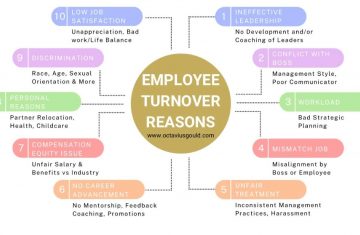If I asked 100 C-suite executives and senior leaders whether they feel confident in their decision-making, nearly all would say yes. I would too.
But that’s exactly why we need to talk about overconfidence bias.
Overconfidence bias is a cognitive distortion that leads individuals, especially successful leaders to place more trust in their knowledge, intuition, and judgment than the facts justify. In the C-suite, where decisions can steer the course of entire organizations, this bias can be particularly dangerous.
Having led teams and competed as an athlete, I’ve come to respect the power of confidence. It’s essential. Confidence fuels performance, inspires teams, and drives results. But when confidence blinds us to the limits of our knowledge or makes us ignore data in favor of gut instinct, it crosses a line.
As Baseball Hall of Famer Yogi Berra famously quipped, “It’s hard to make predictions, especially about the future.” This rings especially true in today’s volatile and fast-changing world. Yet many leaders, bolstered by past success, double down on instinct, dismiss alternative perspectives, and sideline objective evidence.
So how can executive teams mitigate overconfidence bias and avoid potentially catastrophic decisions?
Four Ways to Keep Confidence in Check:
1. Hire people smarter than you.
Especially in unfamiliar areas, your confidence may exceed your actual accuracy. Surround yourself with experts who can challenge your assumptions.
2. Champion diverse perspectives.
A variety of viewpoints at the table results in richer, more well-rounded discussions. Homogenous thinking breeds blind spots.
3. Empower others to speak up.
It’s not enough to have diversity in the room—leaders must create a culture where differing opinions are not only welcomed but encouraged.
4. Recognize the difference: confidence vs. overconfidence.
Healthy confidence is rooted in preparation, self-awareness, and humility. Overconfidence is not.
In leadership, confidence is a strength—but unchecked, it becomes a liability. Being aware of overconfidence bias doesn’t diminish your leadership; it sharpens it.
Confidence wins. Overconfidence risks everything. Choose wisely.




